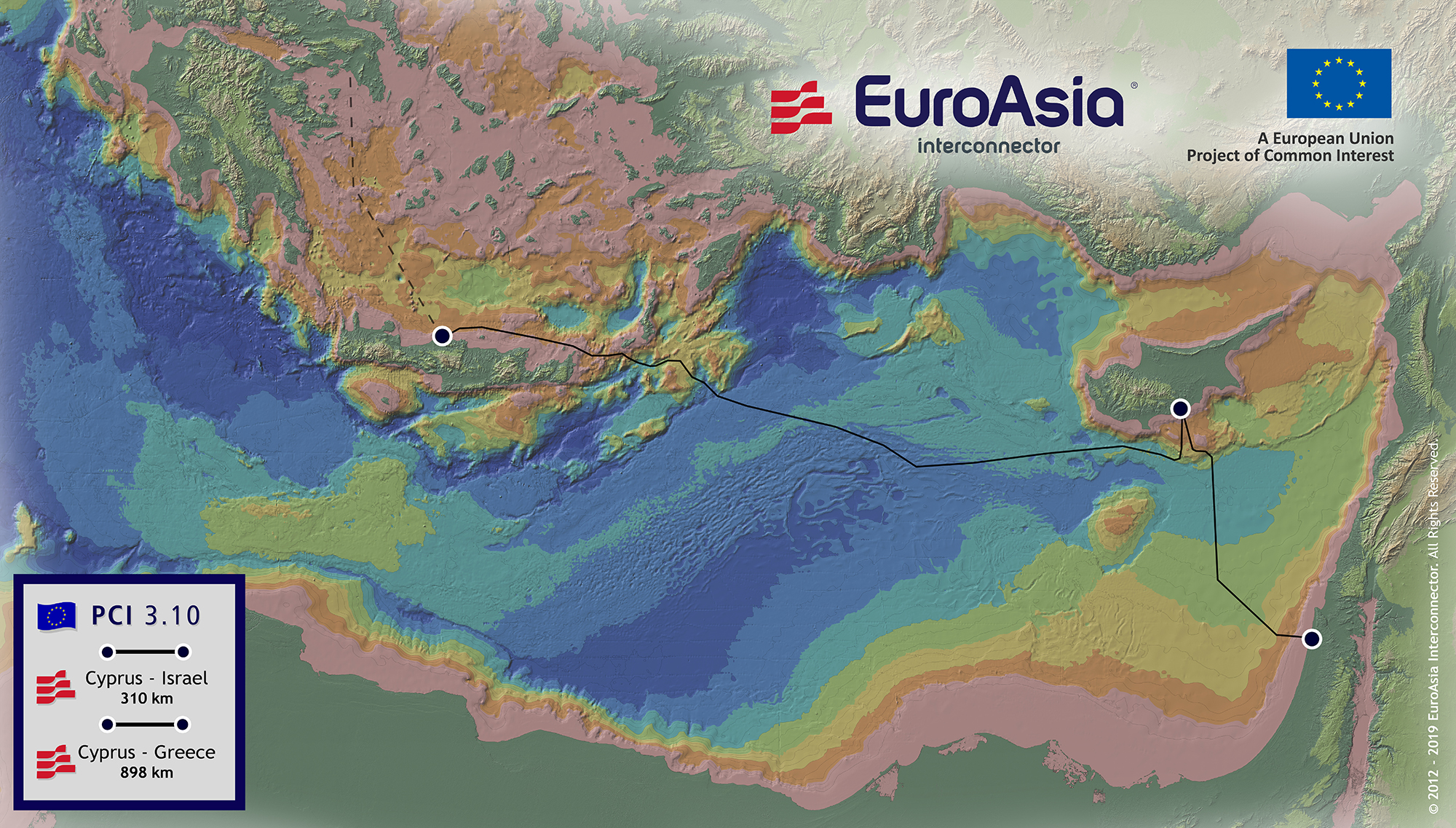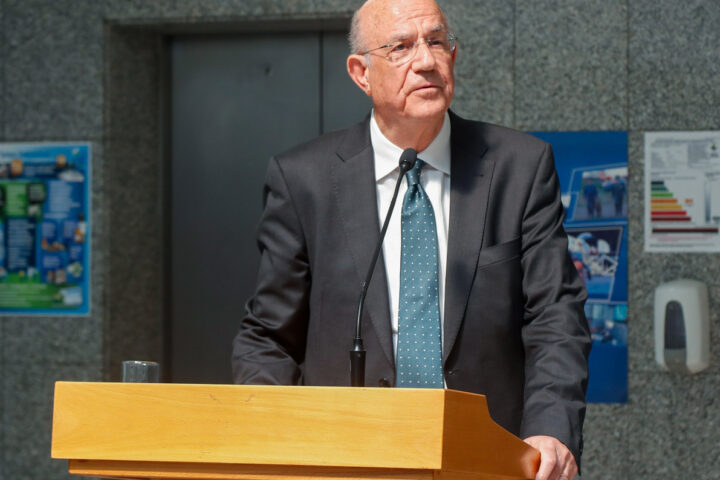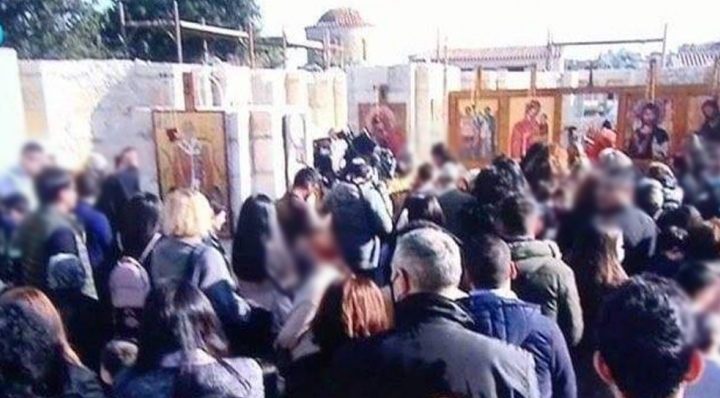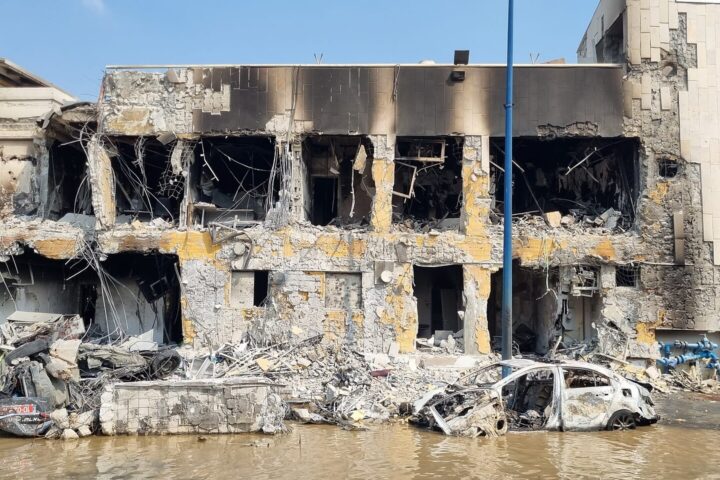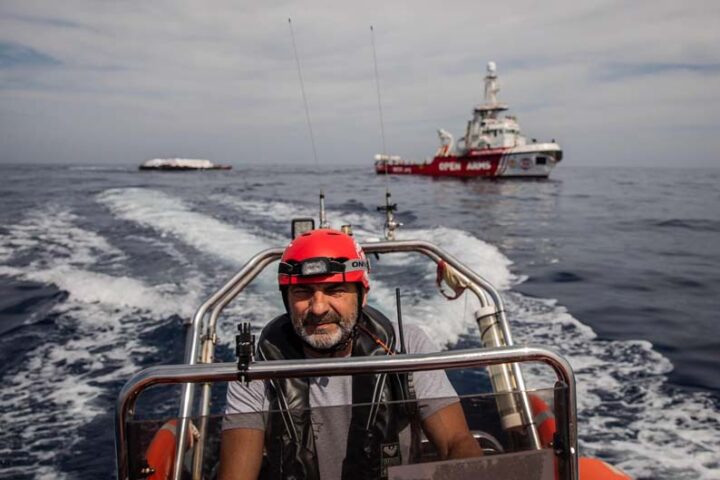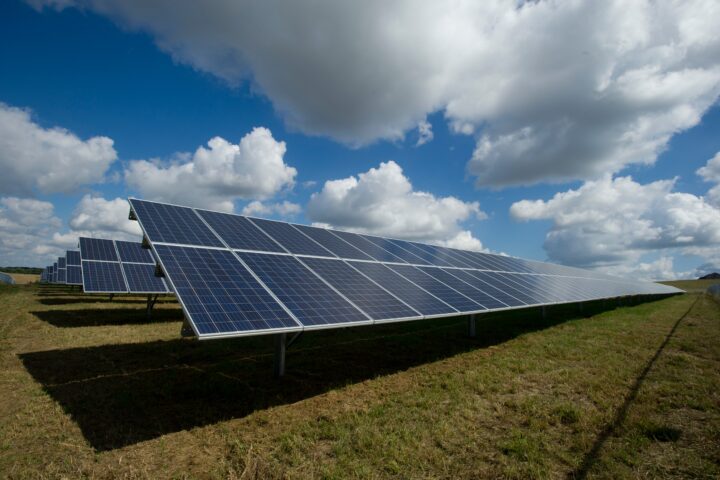Strange developments on the EuroAsia electricity cable project after the Energy Minister declared that despite its criticism, the Cyprus government will participate after all.
This was done by redirecting the €100 mln granted from the Recovery and Resilience Fund that had been allocated to the project in the first place, using these funds for an equity stake in the new project, taken over by the Greek electricity transmission operator.
What’s more, EIB President Werner Hoyer also seems to have had a change of heart, saying the EU’s piggy bank may be funding the project after all.
Was the EIB truly aware of the prospects, the economics, and the geopolitical benefits of the link, or was its name used to serve some other purpose?
Why then all the fuss earlier this year, with the minister first suggesting that EuroAsia had no funds, hence ineligible for any EIB funding, and later recanting his comments to say the project developer did, in fact, have some €230 mln in assets.
Also, in pushing for the project to be plucked away from the private developer who conceived the plan a decade ago, concluded all surveys, secured permits and locked supply contracts, the excuse was that EuroAsia did not have the experience to build a subsea cable with these specifications, reaching a depth of 3,000m and about 890 km long.
Perhaps the minister did not know that even the new project developer did not have the experience of a similar venture until it secured the 300 km link from Crete to mainland Attica that EuroAsia was going to build in the first place.
This is a project that EC President Ursula von der Leyen described as “the deepest and longest” electricity interconnector in the world.
Clearly, European officials were far keener in seeing this project through than officials in Cyprus.
Even the Auditor General shed some light this week on his objections to the EuroAsia to secure some form of a state guarantee.
It turns out to be a personal beef with the previous administration (of which the incumbent president of Cyprus was a member for a decade), saying the project promoter “was protected by the previous government for 10 years”.
And that three ministers “were privately involved in the project as soon as they left office”.
Suddenly, the AG admitted that “now the project is being considered in purely financial terms”, even though he did not say if redefining the €100 mln grant from the RRF as an equity stake in the project is considered legitimate.
The amount has been added to the Energy Ministry’s budget for 2024, whereas any government involvement was initially considered anathema.
However, the new project developers have hinted that the project could be delayed further.
At the same time, the Energy Ministry seems to be comfortable with the idea that Cyprus will remain in energy isolation, at least until 2030.

